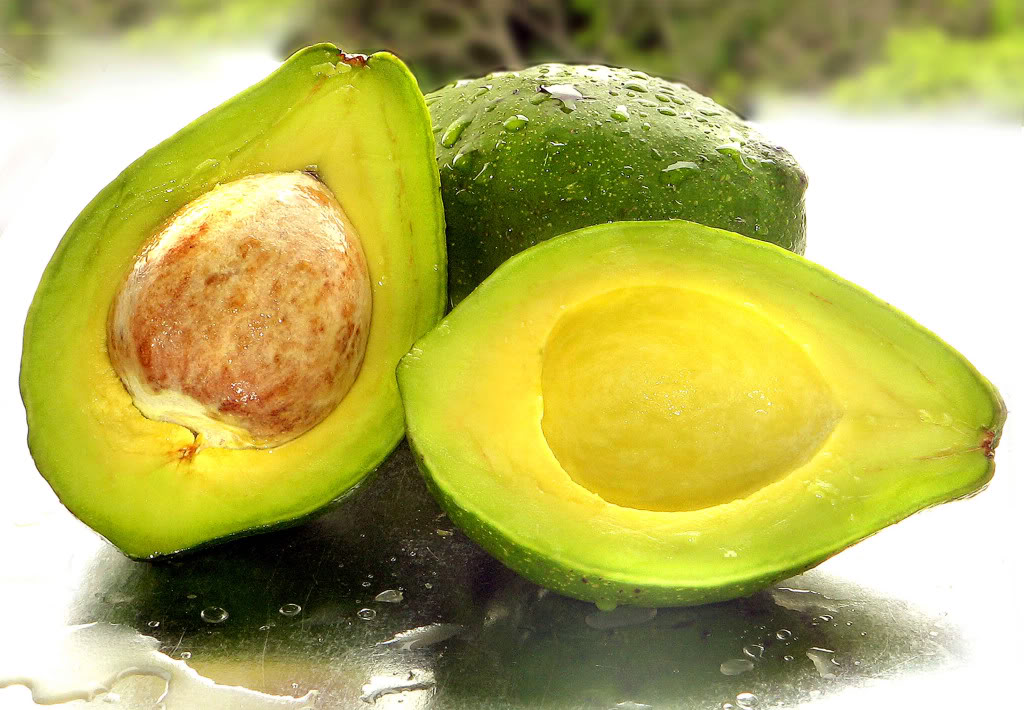 Gluten is a made up of components and came about from many types proteins. They are mostly seen on grains like barley, rye and wheat, this ingredient is widely use on food, it serves as a protein supplement it substitutes proteins that you can get on meat, good news for those who are having vegetarian diets, it also serve as a thickener, Used as a thickener mixed up in gravies and different sauces such as salad dressings and ketchup. The used of glutens around the world is overwhelming, it is almost everywhere, it is present in your pizza, cakes, and among other pastries. Gluten is now bombarded with issues on what it does -causing health problems To people with a chronic digestive disorder, also known as celiac disease, gluten is somewhat harmful.
Gluten is a made up of components and came about from many types proteins. They are mostly seen on grains like barley, rye and wheat, this ingredient is widely use on food, it serves as a protein supplement it substitutes proteins that you can get on meat, good news for those who are having vegetarian diets, it also serve as a thickener, Used as a thickener mixed up in gravies and different sauces such as salad dressings and ketchup. The used of glutens around the world is overwhelming, it is almost everywhere, it is present in your pizza, cakes, and among other pastries. Gluten is now bombarded with issues on what it does -causing health problems To people with a chronic digestive disorder, also known as celiac disease, gluten is somewhat harmful.
Celiac disease is a digestive illness that is describe by gluten intolerance linked to a protein found in various crops, like barley, wheat and rye. This particular illness damage villi part of small intestine. When the small intestine is damage, it will not able to properly absorb nutrients from the food you eat. Those who have this illness should best avoid food that has high content of gluten.
According to a new study, it’s probably not gluten that’s making you sick, but another compound that causes the symptoms associated with gluten sensitivity. And before going any further, I’d like to point out that the scientist behind this research is the same person who declared non-celiac gluten sensitivity was a real thing. It appears not even he believed those results.
His new work looks at what’s really at play in how people feel when they stop eating wheat. The answer he found is that it’s not gluten, but a fermentable short-chain carbohydrate called “FODMAP” that is difficult for the small intestine to absorb.
The study followed people who reported having non-celiac gluten sensitivity and IBS, but were negative for celiac disease. They started out on a two-week low-FODMAP diet, then went on a high-gluten diet (16 g per day), a low-gluten diet (two grams of gluten and 14 g of whey …
If gluten is not entirely responsible for the illness then we should look into different factors involving other substances, this could lead us to finding out other elements that can cause more damage to our health without us knowing it. There are however relentless studies regarding gluten and other factors involving celiac disease, and how to regulate the effect without sacrificing the used of gluten.
Don’t forget to read the rest of the article at Naturalblaze.com





Leave a Reply